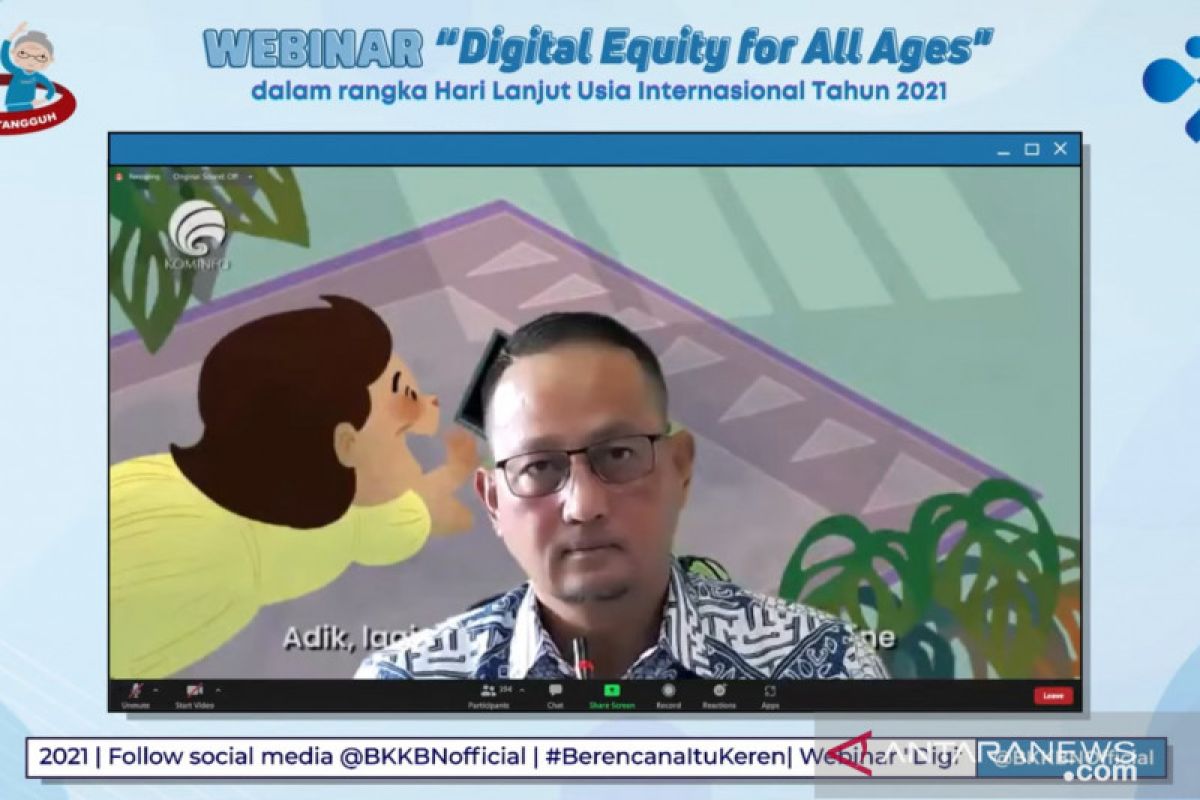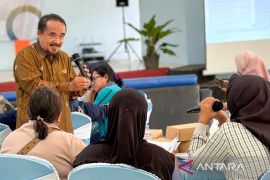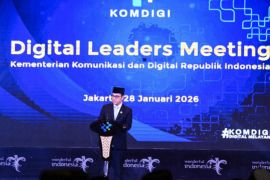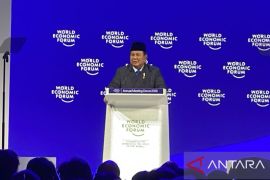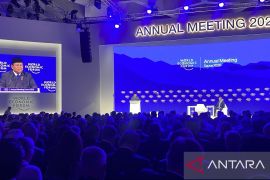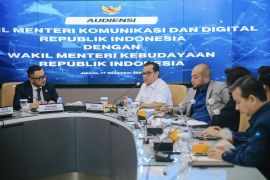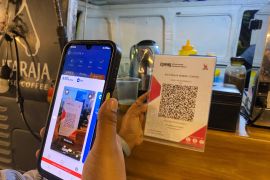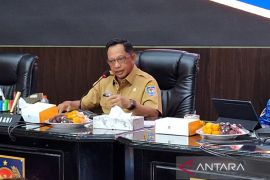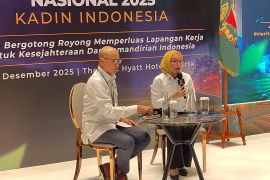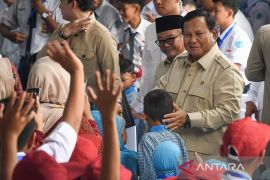At least 202.7 million people or 73 percent of Indonesian citizens have access to the Internet, the ministry's Director General of Information Application Samuel A. Pangerapan said at a webinar, accessed online from here on Thursday.
However, Internet use among the elderly is still low and is dominated by young people, according to him.
The number of elderly people aged 50 years and over who can access and use the Internet is just 8.83 percent, Pangerapan pointed out.
He also cited data from the World Bank, which has shown that younger people actively access education digitally compared to older people with lower education levels.
Many elderly people in Indonesia face risks in using digital technology, such as exposure to fraud or hoaxes from sources with questionable or no credibility, Pangerapan informed.
Related news: Financial digitalization is crucial factor in economic recovery: BI
“In addition, if we talk to the data center, it shows that the level of technology and Internet use of the elderly population is still low. Especially for the elderly in rural areas,” he elaborated.
Meanwhile, Senior Assistant Professor from the University of Brunei Darussalam, Evi Nurvidya Arifin, said that not being educated enough did not mean that the elderly could not get involved in the digital world.
"To enter (the digital world), they must be assisted by technology, so that they can participate more actively in life in this technological era," Arifin opined.
She cited the use of communication and information technology, such as mobile phones, among the elderly as an example. As many as 54.3 percent of elderly men use it compared to 39.7 percent of elderly women, she noted.
Related news: Regional digitalization aimed at promoting financial inclusivity
That percentage is higher compared to people with disabilities (23.9 percent) and non-disabled people (50.8 percent), Arifin highlighted.
This shows that the use of mobile phones among elderly people is also quite equivalent to countries in the Asia-Pacific such as Hong Kong, Macau, Georgia, Thailand, Singapore, Iran, Pakistan, and Japan, she opined.
Yet, in terms of the Internet use in Indonesia, it is still in a far lower position due to the relatively low number of Internet users, she said.
“But regarding the use of computers, there are slight differences. We are still low compared to other countries, and in terms of Internet usage, it is also still quite low,” she informed.
Related news: Digital marketing enables Lampung's MSMEs to grow: govt official
The elderly have the potential to participate in the transformation in the rapidly developing digital world, given the large number of elderly people who can use mobile phones, Arifin said.
She further said that she expected this potential to be increased optimally so that the elderly can utilize technology better.
“Elderly people have potential. They are deemed as a burden because we don't try to maximize, optimize their potential. Let's unite/include those who are not yet connected," she remarked.
Related news: President reiterates commitment to leave fossil energy
Related news: President targets raising biodiesel production to save forex
Translator: Hreeloita D S, Mecca Yumna
Editor: Fardah Assegaf
Copyright © ANTARA 2021
